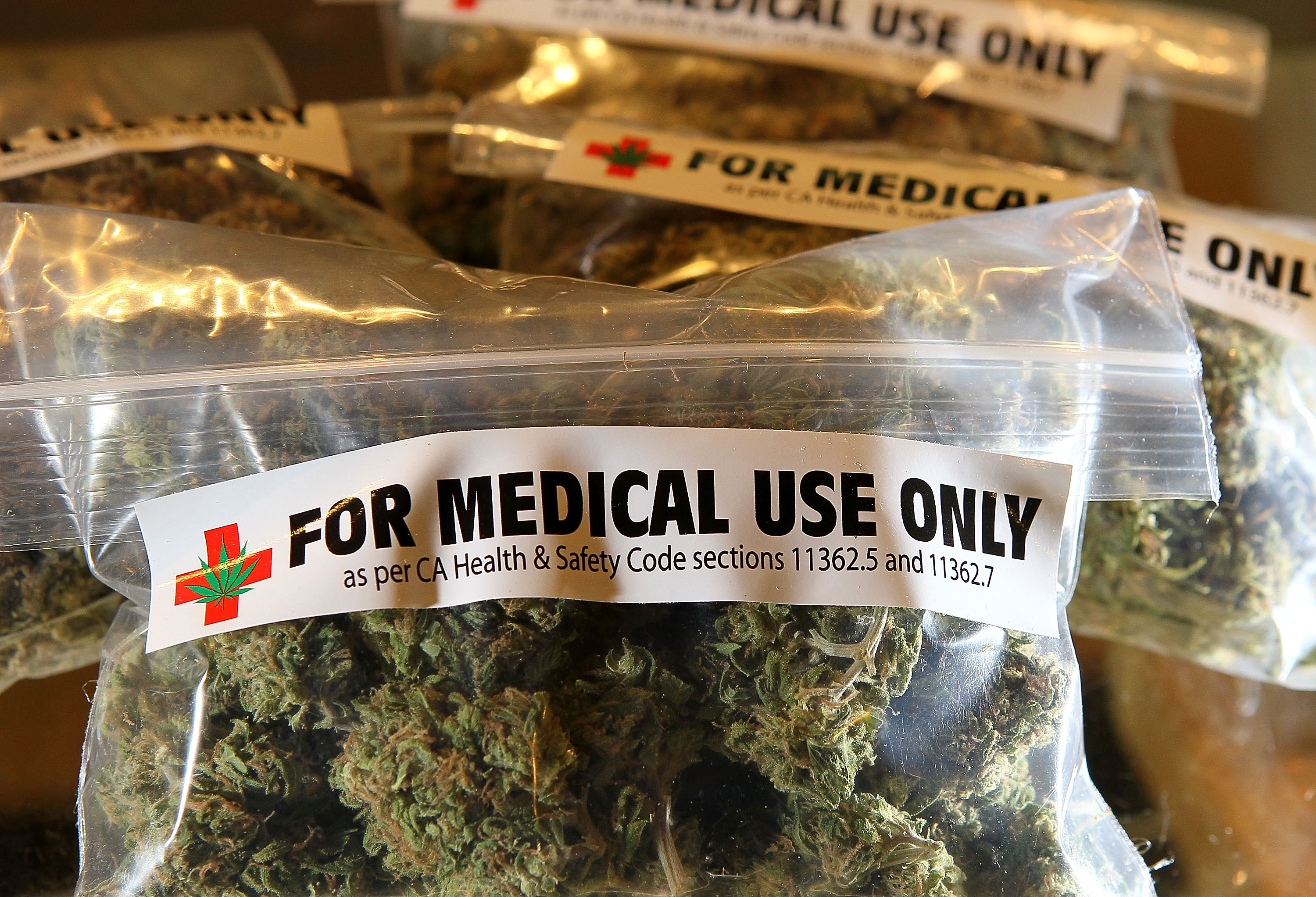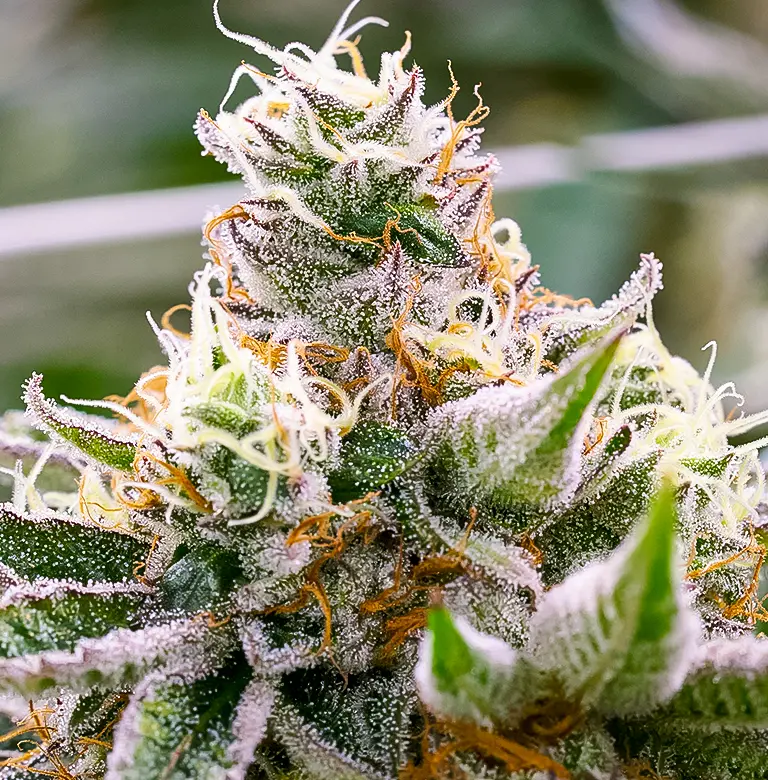Shedding Light on What Medical Cannabis Can Cure: an In-Depth Analysis of Its Therapeutic Residences
In the last few years, there has been a growing interest in the healing capacity of clinical marijuana. Research study has suggested that this plant, with its selection of substances, may hold promise in dealing with various clinical conditions. From chronic discomfort monitoring to epilepsy therapy, and from queasiness relief to anxiousness reduction, the scope of its feasible applications seems comprehensive. While unscientific evidence is plentiful, a complete evaluation of the clinical data relating to the effectiveness of clinical cannabis in treating these problems is required. This evaluation aims to provide a nuanced understanding of the current landscape of medical cannabis as a potential therapeutic agent, clarifying its capabilities in a more thorough manner.
Persistent Discomfort Management
Chronic pain management remains a vital element of clinical treatment, requiring a detailed technique for efficient therapy. In recent times, medical cannabis has actually become a possible healing alternative for people dealing with persistent pain conditions. The endocannabinoid system, which plays an essential role in discomfort inflection, has actually been targeted by cannabis-based treatments to boost and ease signs lifestyle for people.

Additionally, medical cannabis uses an appealing option for individuals that experience unbearable side results from standard pain medications. Its capability to attend to pain with a different device makes it an important enhancement to the toolbox of treatments offered for chronic discomfort management.
Epilepsy Treatment Potential
Clinical marijuana has actually shown encouraging potential in the therapy of epilepsy, using a novel therapeutic method for managing seizures in clients. Epilepsy is a neurological condition characterized by frequent seizures, affecting individuals of every ages. Traditional treatments for epilepsy consist of antiepileptic medicines, yet these drugs may not be reliable for all patients and can have considerable adverse effects.
Research study on using medical marijuana for epilepsy has exposed motivating results. Cannabidiol (CBD), a non-psychoactive substance located in cannabis, has been especially highlighted for its anticonvulsant buildings. Researches have actually shown that CBD can reduce the frequency and intensity of seizures in clients with treatment-resistant kinds of epilepsy, such as Dravet disorder and Lennox-Gastaut syndrome.
In Addition, the FDA has accepted a CBD-based drug, Epidiolex, for the treatment of seizures related to these severe forms of epilepsy. This milestone emphasizes the growing recognition of medical marijuana as an important healing option for managing epilepsy and provides hope for people who have actually not responded well to traditional treatments.
Queasiness Relief Conveniences
The reduction of nausea with making use of cannabis has been progressively acknowledged for its healing benefits in numerous clinical conditions. Nausea and throwing up prevail signs experienced by clients undergoing radiation treatment, those with intestinal problems, and individuals with chronic pain problems. Clinical cannabis, with its energetic compounds such as THC and CBD, has actually revealed assurance in giving relief from nausea.

Additionally, medical marijuana uses a natural choice for people that do not respond well to standard anti-nausea drugs or that experience extreme negative effects from these drugs. Individuals undertaking radiation treatment, particularly, have actually reported significant her latest blog improvements in their high quality of life when utilizing marijuana to manage nausea. As research study in why not check here this field continues to grow, clinical cannabis is significantly being taken into consideration as an important alternative for queasiness alleviation in numerous medical setups.
Stress And Anxiety Decrease Effects
Studies have shown the potential of cannabis in decreasing anxiousness signs and symptoms via its interaction with the endocannabinoid system. The endocannabinoid system plays an important function in controling emotions, including anxiousness, by keeping homeostasis in the body. Cannabinoids in marijuana, such as THC and CBD, interact with the endocannabinoid receptors in the mind, particularly the CB1 and CB2 receptors, to modulate anxiety-related feedbacks.

Clients with problems like generalised anxiousness disorder (GAD), social stress and anxiety problem, and post-traumatic stress condition (PTSD) might take advantage of the anxiolytic homes of marijuana (Medical Cannabis Card). However, further research study is needed to figure out optimum does, distribution approaches, and long-lasting impacts on anxiety management.
Prospective for Inflammation Control
With its known anti-inflammatory homes, cannabis has actually shown pledge in potentially controlling swelling within the body. Inflammation is the body's natural response to injury or infection, yet when it ends up being persistent, it can contribute to numerous conditions such as arthritis, inflammatory bowel disease, and even cardiovascular disease. Study suggests that the cannabinoids discovered in cannabis, such as THC and CBD, can assist lower and manage the immune feedback swelling.
Researches have actually revealed that marijuana can communicate with the endocannabinoid system, which plays an essential role in controling swelling. By targeting the cannabinoid receptors, cannabis compounds can regulate the immune feedback, leading to a decline in inflammation levels. This makes cannabis a possible prospect for taking care of inflammatory conditions where typical treatments have actually fallen short.
Additionally, cannabis-derived products like CBD oil have obtained popularity for their anti-inflammatory homes, with numerous people using them as an all-natural treatment for conditions related to inflammation. While more research is required to fully recognize the devices behind Our site cannabis's anti-inflammatory impacts, existing findings show appealing results for the potential use clinical cannabis in regulating inflammation.
Conclusion
Finally, medical cannabis has actually shown appealing healing properties in handling persistent pain, dealing with epilepsy, relieving queasiness, decreasing stress and anxiety, and managing swelling. Its potential advantages in numerous clinical conditions highlight the value of additional research study and exploration into its medicinal use. The evidence suggests that clinical cannabis can be a valuable option therapy option for individuals looking for alleviation from a range of problems and signs.
In recent years, clinical cannabis has actually arised as a prospective therapeutic option for people enduring from chronic discomfort conditions.Clinical cannabis has shown encouraging potential in the treatment of epilepsy, supplying a novel restorative strategy for managing seizures in people. As research in this location proceeds to expand, medical cannabis is progressively being taken into consideration as a beneficial choice for nausea alleviation in different medical settings.
In conclusion, clinical marijuana has actually shown appealing restorative residential or commercial properties in taking care of persistent pain, treating epilepsy, soothing nausea or vomiting, reducing anxiousness, and managing inflammation. The evidence suggests that clinical marijuana might be an important option therapy choice for clients looking for alleviation from a range of problems and signs and symptoms.
Comments on “Get Your Medical Marijuana Card Clinton MS Rapidly and Easily”